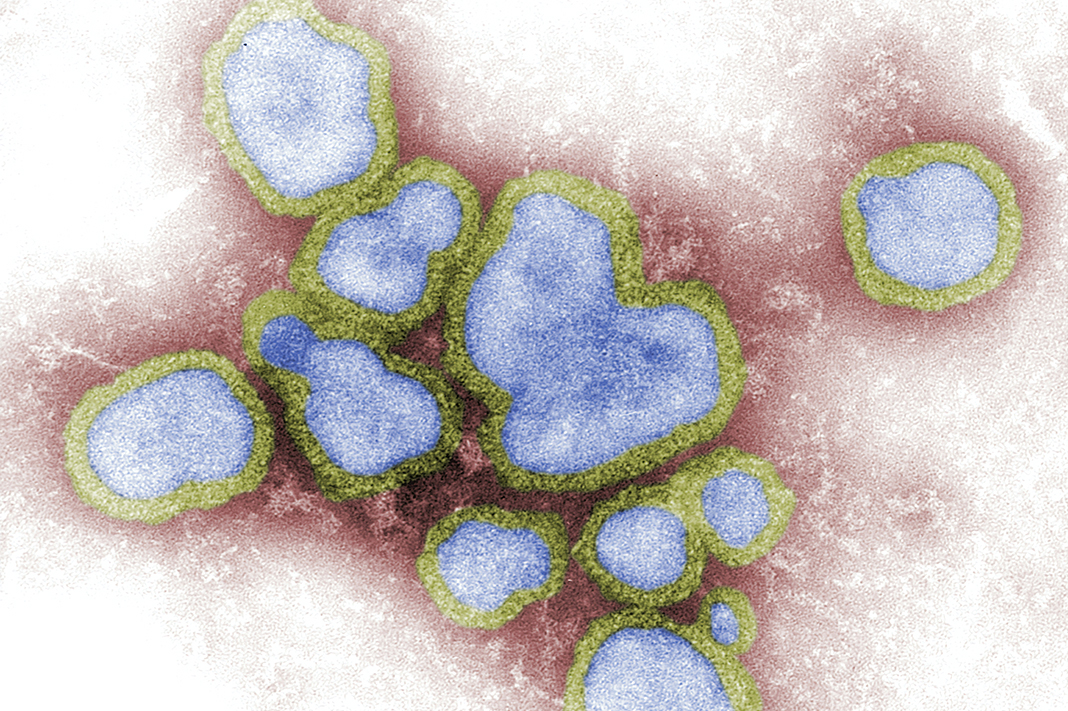Since the beginning of the COVID-19 pandemic, we’ve been bombarded with so much information, that we have no idea what’s true. We’ve been hearing a lot about general preparedness, herd immunity, and the talk of a vaccine in the development. But what about the strengthening of the immune system? What are the key ingredients that play a role in a healthy, longer life? We’ve heard a lot about Vitamin D and how it’s a key factor in immune health. We’ve decided to do some research and investigate whether or not Vitamin D can help in decreasing your risk of COVID-19. Keep reading below for more?
What Vitamin D Can and Cannot Do For Your Immune System
According to Healthline, Vitamin D is a fat-soluble vitamin that plays a number of critical roles in your body. This nutrient is especially important for immune system health, leaving many people to wonder whether supplementing with vitamin D may help reduce the risk of contracting the new coronavirus that causes COVID-19. Healthline states the following precursor: it’s important to note that there’s currently no cure for COVID-19 and no preventive measures other than physical distancing, also known as social distancing, and proper hygiene practices can protect you from developing this disease.
Research shows that having healthy levels of vitamin D can help keep your immune system may protect against respiratory illnesses. Vitamin D is necessary for the proper functioning of your immune system, which is your body’s first line of defense against infection and disease. This vitamin plays a critical role in promoting immune response. It has both anti-inflammatory and immunoregulatory properties and is crucial for the activation of immune system defenses.
Vitamin D enhances the function of immune cells that protect your body against pathogens. For example, low vitamin D levels may increase risk of respiratory diseases. Diseases like tuberculosis, asthma, chronic obstructive pulmonary disease, and bacterial respiratory infections. What’s more, vitamin D deficiency may decrease lung function, which may affect your body’s ability to fight respiratory infections.
Does It Help Against COVID-19?
Right now, there’s no cure or treatment for COVID-19. There have been no studies that have investigated vitamin D supplements and the risk of contracting the coronavirus. The evidence lies in the fact that multiple studies show that Vitamin D deficiency leads to decreased immune function.
According to Healthline, a recent review that included 11,321 people from 14 countries demonstrated that supplementing with vitamin D decreased the risk of acute respiratory infections (ARI) in both those who were deficient in vitamin D and those with adequate levels. Overall, the study showed that vitamin D supplements reduced the risk of developing at least one ARI by 12%. The protective effect was strongest in those with low vitamin D levels.
Keep in mind that there’s no scientific evidence that taking supplemental vitamin D can protect you from developing COVID-19. However, being deficient in vitamin D may increase your susceptibility to overall infection and disease by harming immune function. Vitamin D may protect against respiratory infections, especially among those who are deficient in the vitamin. Please keep in mind that there’s currently no evidence that taking any supplement reduces your risk of developing COVID-19.

Image: Laura Pratt via Unsplash
While you’re here, check out how yoga can decrease inflammation and strengthen the immune system.

